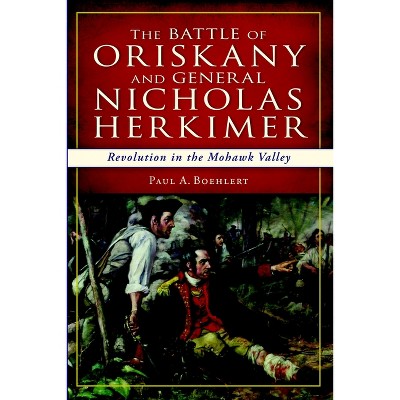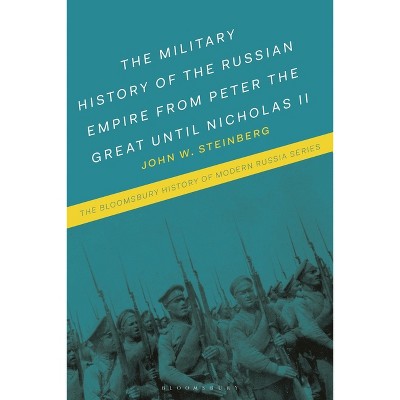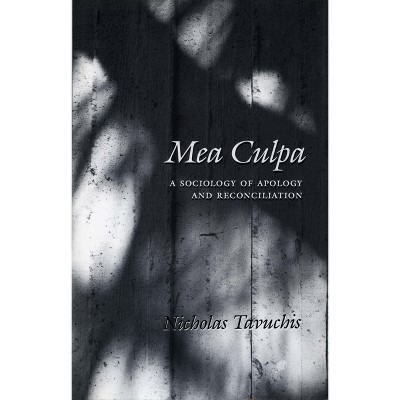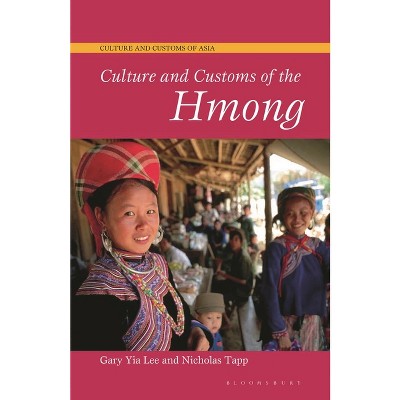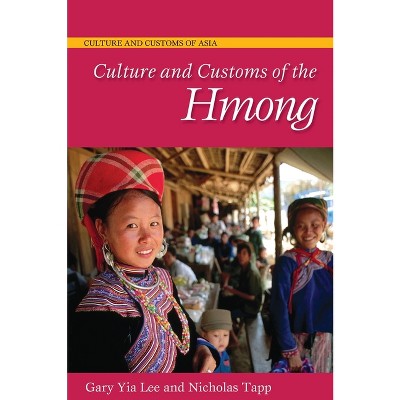Military Masculinities - by Nicholas Laham & Paul R Higate (Hardcover)

About this item
Highlights
- In spite of all the attention that has been devoted to men's identity in recent years, the links between men and the military have until now remained unquestioned, and thus unexplored.
- About the Author: PAUL R. HIGATE is a Lecturer in Social Policy and Defence Fellow at the University of Bristol.
- 256 Pages
- Social Science, Anthropology
Description
About the Book
In spite of all the attention that has been devoted to men's identity in recent years, the links between men and the military have until now remained unquestioned, and thus unexplored. This groundbreaking volume deconstructs the traditional stereotypes of military identity and makes a strong case for a plurality of identities within a range of theoretical and empirical contexts. Drawing on various disciplines--including sociology, anthropology, ethnography, human geography, and feminist epistemology--the contributors consider the ways in which military masculine identities are created and sustained in the armed forces and the societies in which they operate. Though mainly focused on the British army, this volume explores universal issues such as violence among military communities, the identity of women in the military, and the treatment of conscientious objectors.
Book Synopsis
In spite of all the attention that has been devoted to men's identity in recent years, the links between men and the military have until now remained unquestioned, and thus unexplored. This groundbreaking volume deconstructs the traditional stereotypes of military identity and makes a strong case for a plurality of identities within a range of theoretical and empirical contexts. Drawing on various disciplines--including sociology, anthropology, ethnography, human geography, and feminist epistemology--the contributors consider the ways in which military masculine identities are created and sustained in the armed forces and the societies in which they operate. Though mainly focused on the British army, this volume explores universal issues such as violence among military communities, the identity of women in the military, and the treatment of conscientious objectors.About the Author
PAUL R. HIGATE is a Lecturer in Social Policy and Defence Fellow at the University of Bristol.





